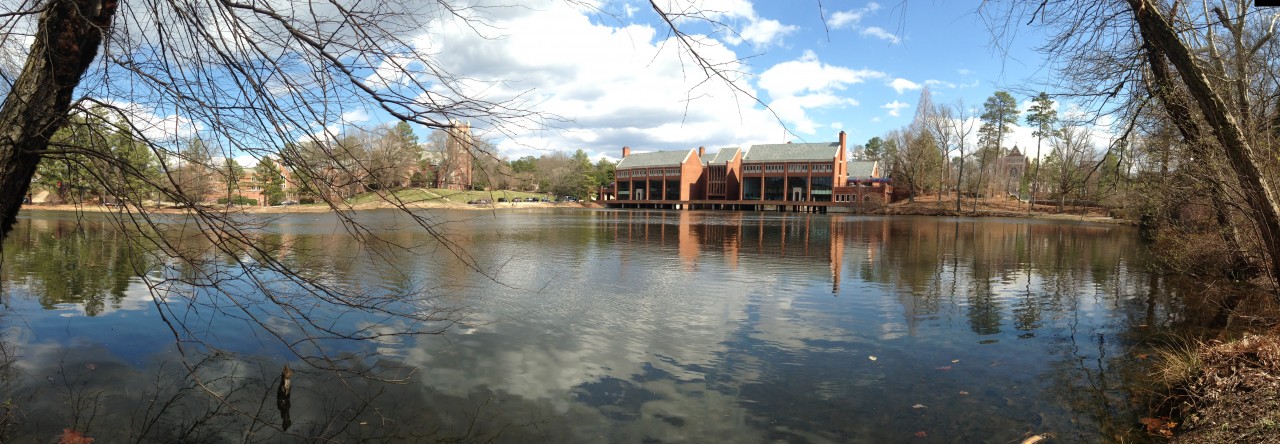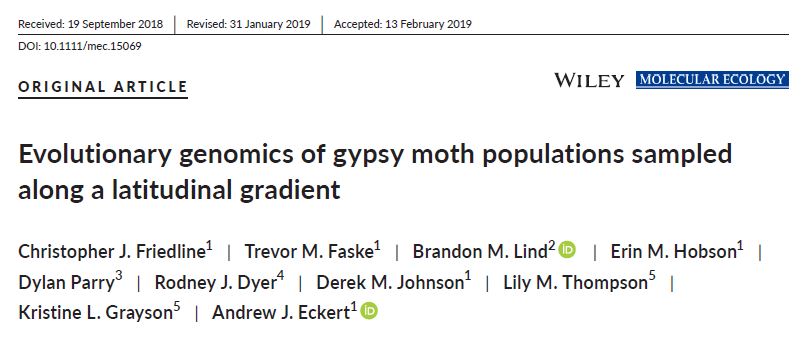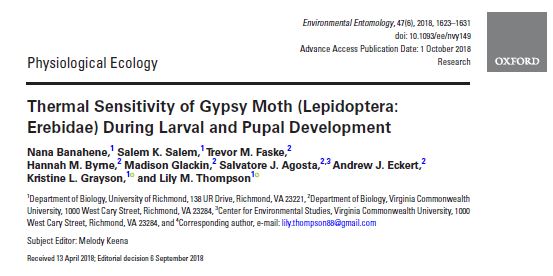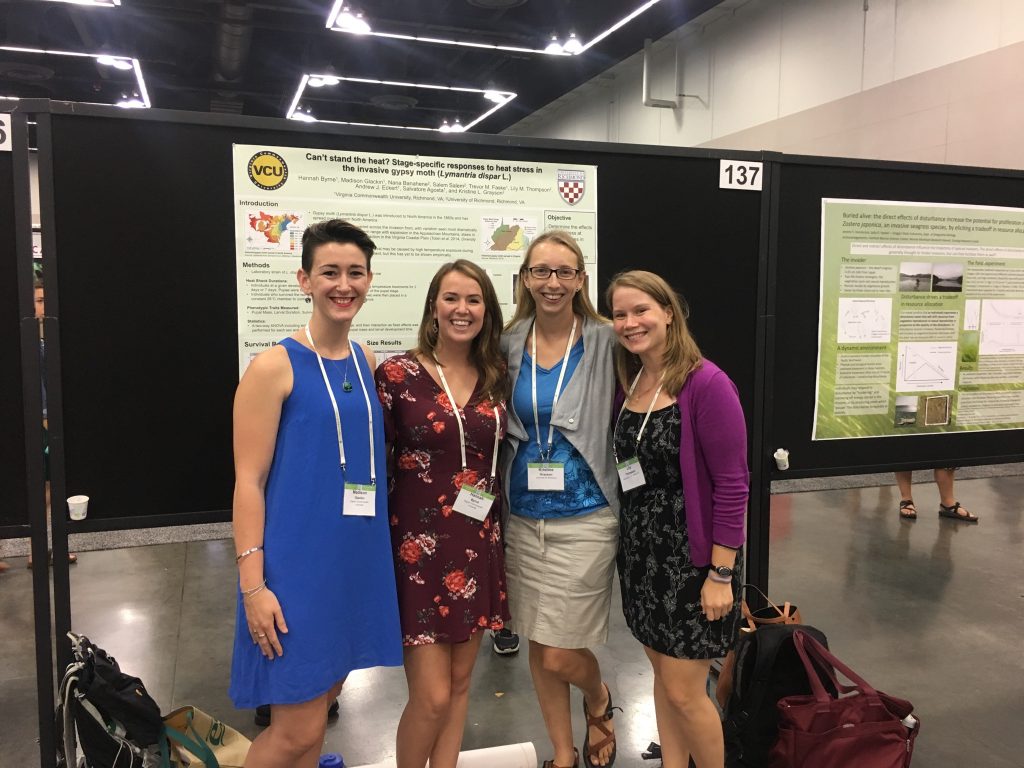The recent injustices in the news highlight racism and inequity in the structures of our country and world. If we don’t make spaces that are safe and welcoming for all and actively work to dismantle racism and prejudice, then we are not doing our jobs in science and education.
The history of our campus and our city, and events happening in the present day, should not be erased from our memories and we cannot look the other way or stay silent. We must speak loudly against these actions and do the hard work to listen and change, whether is it violence, murder, threats, or microaggressions against people of color or other cultures, antisemitism or religious stigmatization, or gender stereotyping and violence against women, men, L.G.B.T.Q.I.A.+. We must speak out about the recent murders of George Floyd, Breonna Taylor, and Ahmaud Arbery and the threat of police used against Christian Cooper while birding. We must oppose racist language and threats against Asian-Americans and Asians from all cultures that have been become even more apparent with COVID-19. We must react with outrage to racist propaganda, violence, and hate speech on our campus. I stand with UR students, faculty, and staff in being united with the victims of these actions, the communities hurting, and everyone processing the trauma in our nation.
In addition to the University of Richmond statement, the Department of Biology sent the letter of support below to our students. Please stay safe.
Dear Biology students,
To follow up on Dr. Crutcher’s email, the Biology Department hopes that you and your families are safe and well during these difficult times. The recent examples of injustice and racism in our nation have been particularly painful while we are more isolated from our communities.
We understand that the uncertainty surrounding our current global health crisis has been compounded by continuous violence against communities of color. We want to recognize the long-lasting trauma that results from witnessing these tragic events and want to offer words of comfort and our unending support.
Although we know the campus experience this year will be different, we want you to know that our commitment to providing an inclusive and safe environment for everyone is stronger than ever. We value each and every one of our students.
We know that we are at our best when everyone feels included and when all contributions are acknowledged and valued. We want you to know that we stand in solidarity in condemning these persistent acts of racism and violence against communities of color. We stand united against actions that divide and discriminate. We commit ourselves to finding ways to dismantle systemic injustice.
As we will not be together on campus this summer, please reach out to us if we can help or support you in any way,
The Department of Biology







